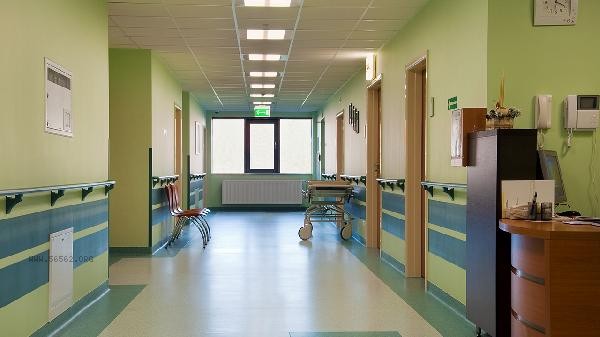Diseases that are easily contagious in hotel environments include respiratory infections, skin diseases, gastrointestinal infections, sexually transmitted diseases, and parasitic infections. Screening for these diseases typically requires physical examination, laboratory testing, and imaging examinations.
| Disease types | Screening methods |
|---|---|
| Respiratory infections | Chest X-rays, sputum cultures, blood tests |
| Skin diseases | Skin scraping tests, fungal cultures, allergen tests |
| Digestive tract infections | Fecal routine, fecal cultures, blood tests |
| Sexually transmitted diseases | Blood tests, urine tests, secretion cultures |
| Parasitic infections | Fecal tests, blood tests, imaging tests |
| Specific screening methods need to be based on doctor recommendations | |
1. Respiratory infections:
Respiratory infections are more common in hotel environments and mainly spread through the air. During screening, doctors may recommend a chest X-ray to observe the condition of the lungs, sputum culture to detect pathogens, and blood tests to assess the degree of infection and immune status.
2. Skin diseases:
Public facilities such as bed sheets and towels in hotels may become vectors for the spread of skin diseases. When screening for skin diseases, skin scraping can detect fungi or parasites, fungal culture helps determine the type of pathogen, and allergen testing is used to identify possible allergic reactions.
3. Digestive tract infections:
Digestive tract infections are usually transmitted through food or water. During screening, routine fecal examination can observe for abnormal cells or parasites, fecal culture is used to detect pathogens, and blood tests can help evaluate the degree of infection and immune status.

4. Sexually transmitted diseases:
Sexually transmitted diseases may be transmitted through sexual contact in hotel environments. During screening, blood tests can detect viruses or bacteria, urine tests are used to detect certain pathogens, and secretion cultures help determine the type of pathogen.
5. Parasitic infection:
Parasitic infection may be transmitted through contact with contaminated water sources or food. During screening, fecal examination can observe the presence of parasite eggs, blood tests are used to detect certain parasites, and imaging examinations such as ultrasound or CT scans can help observe the location and quantity of parasites in the body. Maintaining good personal hygiene habits during hotel stays is key to preventing the spread of diseases. It is recommended to use personal toiletries, avoid using public towels and bed sheets, and wash hands regularly, especially before eating and after using the restroom. In addition, choosing hotels with good hygiene conditions, avoiding eating raw and cold food, and drinking boiled or bottled water can also help reduce the risk of infection. If discomfort symptoms occur, seek medical attention promptly and undergo relevant screening.









Comments (0)
Leave a Comment
No comments yet
Be the first to share your thoughts!